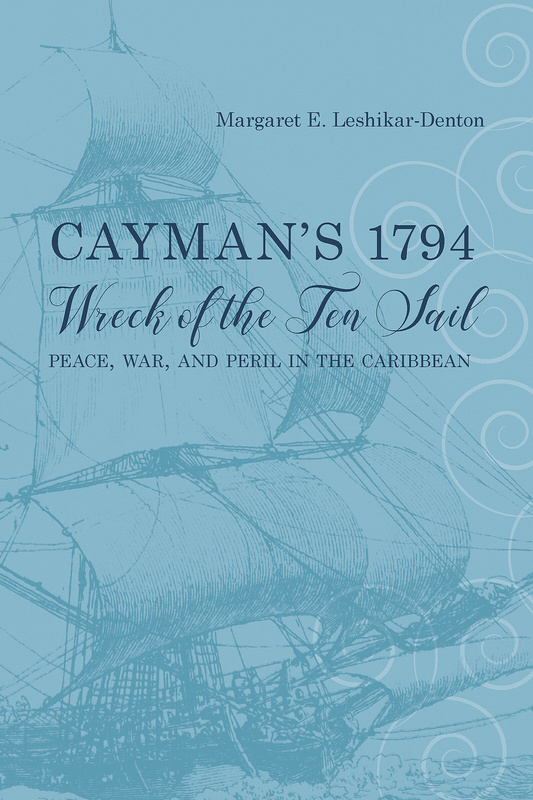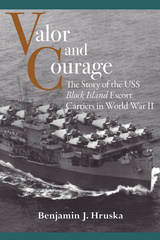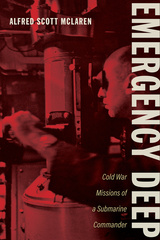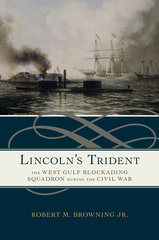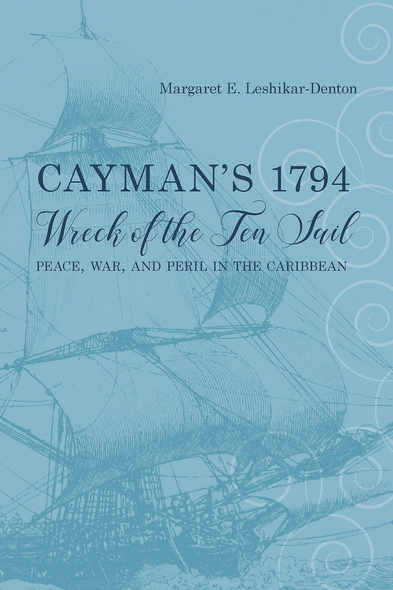
Cayman’s 1794 Wreck of the Ten Sail
Peace, War, and Peril in the Caribbean
The story has been passed through generations for more than two centuries. Details vary depending on who is doing the telling, but all refer to this momentous maritime event as the Wreck of the Ten Sail. Sometimes misunderstood as the loss of a single ship, it was in fact the wreck of ten vessels at once, comprising one of the most dramatic maritime disasters in all of Caribbean naval history. Surviving historical documents and the remains of the wrecked ships in the sea confirm that the narrative is more than folklore. It is a legend based on a historical event in which HMS Convert, formerly L’Inconstante, a recent prize from the French, and 9 of her 58-ship merchant convoy sailing from Jamaica to Britain, wrecked on the jagged eastern reefs of Grand Cayman in 1794.
The incident has historical significance far beyond the boundaries of the Cayman Islands. It is tied to British and French history during the French Revolution, when these and other European nations were competing for military and commercial dominance around the globe. The Wreck of the Ten Sail attests to the worldwide distribution of European war and trade at the close of the eighteenth century.
In Cayman’s 1794 Wreck of the Ten Sail: Peace, War, and Peril in the Caribbean, Margaret E. Leshikar-Denton focuses on the ships, the people, and the wreck itself to define their place in Caymanian, Caribbean, and European history. This well-researched volume weaves together rich oral folklore accounts, invaluable supporting documents found in archives in the United Kingdom, Jamaica, and France, and tangible evidence of the disaster from archaeological sites on the reefs of the East End.
These are the bare bones of the incident, as recorded in Admiralty Records of the court martial following the event. Convert’s captain and his officers and crew were acquitted, held not responsible for the losses. Leshikar-Denton takes these facts and expertly fills out the story merging archival history, oral interviews, and archaeology into an informative, accessible, and thought-provoking narrative, thought-provoking in that it examines how stories such as these can become part of the collective identity of a population.’
—Maritime Archaeological and Historical Society News
‘The Wreck of the Ten Sail was a momentous event in Cayman history that lives on today in island memory and is a story masterfully told by nautical archaeologist Margaret Leshikar-Denton. [The author] synthesizes a rich documentary record of the wrecking brought to light by years of archival research with ethnographic sources and interviews of island elders. One of the strengths of this book is the author’s innovative use of ethnographic memories and folk stories to convey the meaning of the wreck in cultural terms.’
—Journal of Maritime Archaeology
‘Cayman’s 1794 Wreck of the Ten Sail serves as a robust example of unrelenting and careful historical archaeological research that tells a dramatic, true story that represents part of an island nation’s past brought into the present.’
—Roger C. Smith, author of The Maritime Heritage of the Cayman Islands and Vanguard of Empire: Ships of Exploration in the Age of Columbus
I can, without reservation, recommend this superior work to any with even a passing interest in either shipwrecks or the Cayman Islands. It should stand as an example of how properly to research and write a history to any who might consider taking on a similar project.’
—Sea History
‘Dr. Leshikar-Denton provides a fascinating and meticulously detailed account of an ill-fated late eighteenth-century convoy from Jamaica to Great Britain. Drawn from oral history, archival research, and archaeological finds, it surely will long remain the definitive work on this subject.’
—George F. Bass, author of Archaeology Beneath the Sea: My Fifty Years of Diving on Ancient Shipwrecks and Beneath the Seven Seas: Adventures with the Institute of Nautical Archaeology
I can, without reservation, recommend this superior work to any with even a passing interest in either shipwrecks or the Cayman Islands. It should stand as an example of how properly to research and write a history to any who might consider taking on a similar project.’
—Sea History
‘As director of the Cayman Islands National Museum and a historian who has worked on the wreck for thirty-some years, Leshikar-Denton is uniquely positioned to bring the story further into contemporary maritime historical thought. More importantly, she has provided a text that can easily be used for multiple educational purposes. Whether focusing on the importance of maritime archeology in advancing maritime history, the techniques for properly documenting, interpreting, and contextualizing an underwater site, or simply discussing often overlooked components of imperial wars, this book is most applicable.:
—Northern Mariner
‘Dr. Leshikar-Denton provides a fascinating and meticulously detailed account of an ill-fated late eighteenth-century convoy from Jamaica to Great Britain. Drawn from oral history, archival research, and archaeological finds, it surely will long remain the definitive work on this subject.’
—George F. Bass, author of Archaeology Beneath the Sea: My Fifty Years of Diving on Ancient Shipwrecks and Beneath the Seven Seas: Adventures with the Institute of Nautical Archaeology
Contents
List of Illustrations
Preface
Acknowledgments
Chapter 1. Ship Ashore! Lost, but Not Forgotten
Chapter 2. Hazard, Landmark, Food: A Hidden Mountain
Chapter 3. L’Inconstante: A Place in the Navy
Chapter 4. France’s Saint-Domingue Campaign: The Best and the Worst of Times
Chapter 5. The Prize: A Ship by Another Name
Chapter 6. Great Britain’s Convert Convoy: Duty versus Profit
Chapter 7. The Wreck of the Ten Sail: Breakers Ahead, Close to Us!
Chapter 8. What Remains: Links to the Past
Conclusion
Appendix A. Inventory of L’Inconstante
Appendix B. Condemnation of L’Inconstante
Appendix C. Biographical Sketch of John Lawford
Appendix D. Data from the Muster Table of HMS Convert
Appendix E. Ships in the Convert Convoy, 1794
Appendix F. Salvage Account of HMS Convert
Notes
Bibliography
Index

